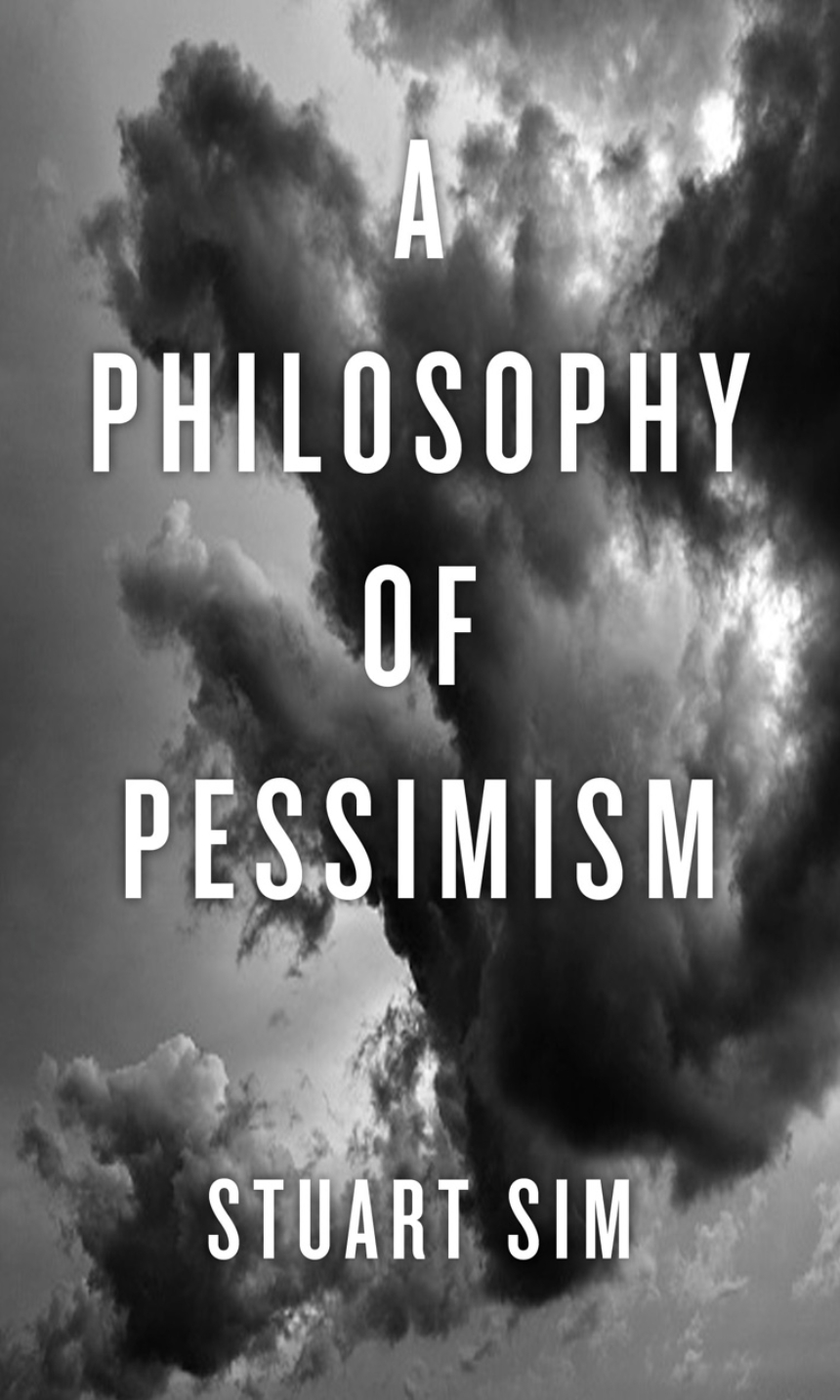Distributed for Reaktion Books
A Philosophy of Pessimism
There are many reasons to despair over the state of the world today: climate change, war, terrorism, social injustice, and an utter failure by our political systems to fix them. Yet there will always be those frustrating optimists who counter such an outlook by citing developments such as modern medicine, democracy, and the global internet as signs that things are, and always have been, on the up and up. This book locks those people in a separate room, shattering their rose-colored glasses to show the tremendous value in keeping the dark side of human affairs at the forefront of our consciousness.
Stuart Sim starts with the proposition that pessimists simply have a more realistic world view. Tracing how pessimism has developed over time and exploring its multifaceted nature, he shows that many thinkers throughout history—including philosophers, theologians, authors, artists, and even scientists—have been pessimists at heart, challenging us to face up to the desperations that define human existence. Spanning cultures and moving across eras, he assembles a grand discourse of pessimism. Ultimately he offers the provocative argument that pessimism should be cultivated and vigorously defended as one of our most useful and ever-relevant dispositions.
Stuart Sim starts with the proposition that pessimists simply have a more realistic world view. Tracing how pessimism has developed over time and exploring its multifaceted nature, he shows that many thinkers throughout history—including philosophers, theologians, authors, artists, and even scientists—have been pessimists at heart, challenging us to face up to the desperations that define human existence. Spanning cultures and moving across eras, he assembles a grand discourse of pessimism. Ultimately he offers the provocative argument that pessimism should be cultivated and vigorously defended as one of our most useful and ever-relevant dispositions.
Reviews
Table of Contents
Preface
One: The Glass is Always Half-full? Countering the Optimists
Two: The ‘Doomsday Clock’ is Always with Us: Pessimism in History
Three: Optimists v. Pessimists: Economics and Politics
Four: I Think, Therefore I Expect the Worst: Pessimism in Philosophy
Five: A World Without Meaning: Pessimism in Literary Fiction
Six: Visions of Despair: Pessimism in the Arts
Seven: The Benefits of a Half-empty Glass: Pessimism as a Lifestyle
References
Bibliography
Acknowledgements
Index
One: The Glass is Always Half-full? Countering the Optimists
Two: The ‘Doomsday Clock’ is Always with Us: Pessimism in History
Three: Optimists v. Pessimists: Economics and Politics
Four: I Think, Therefore I Expect the Worst: Pessimism in Philosophy
Five: A World Without Meaning: Pessimism in Literary Fiction
Six: Visions of Despair: Pessimism in the Arts
Seven: The Benefits of a Half-empty Glass: Pessimism as a Lifestyle
References
Bibliography
Acknowledgements
Index

